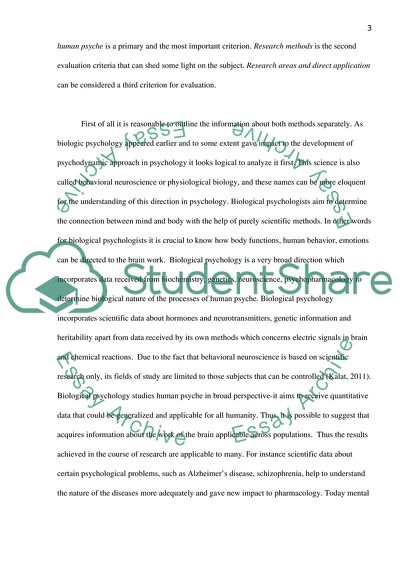Cite this document
(Psychodynamic approach and biological psychology Essay, n.d.)
Psychodynamic approach and biological psychology Essay. https://studentshare.org/psychology/1881323-psychodynamic-approach-and-biological-psychology
Psychodynamic approach and biological psychology Essay. https://studentshare.org/psychology/1881323-psychodynamic-approach-and-biological-psychology
(Psychodynamic Approach and Biological Psychology Essay)
Psychodynamic Approach and Biological Psychology Essay. https://studentshare.org/psychology/1881323-psychodynamic-approach-and-biological-psychology.
Psychodynamic Approach and Biological Psychology Essay. https://studentshare.org/psychology/1881323-psychodynamic-approach-and-biological-psychology.
“Psychodynamic Approach and Biological Psychology Essay”. https://studentshare.org/psychology/1881323-psychodynamic-approach-and-biological-psychology.


